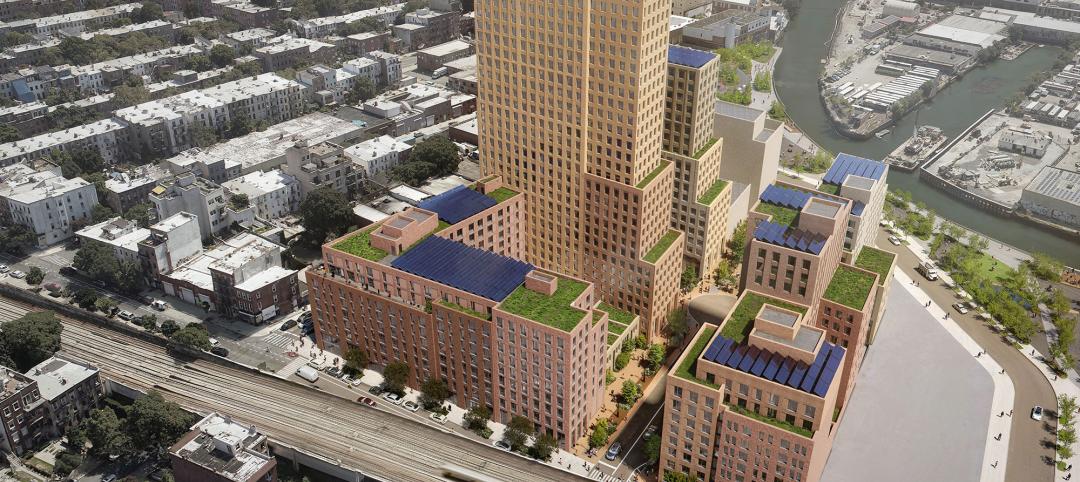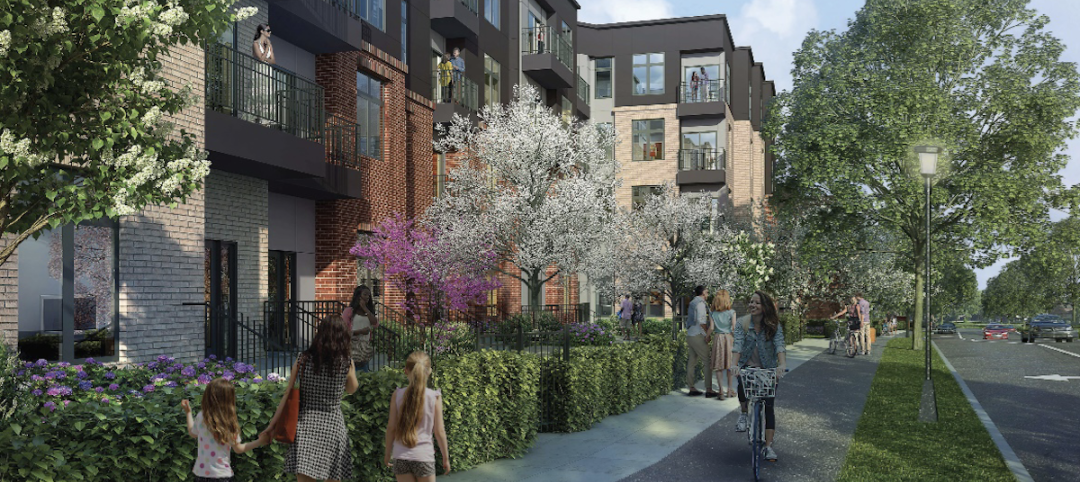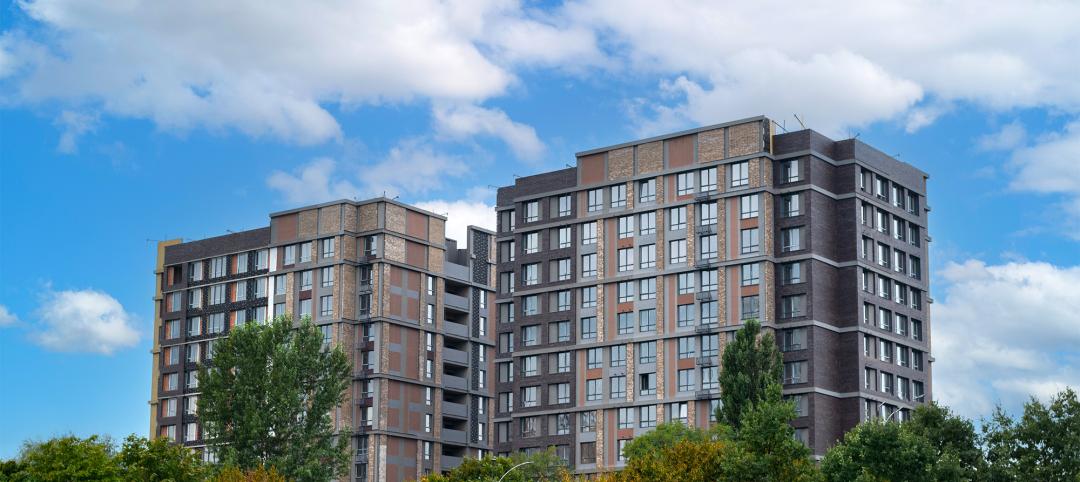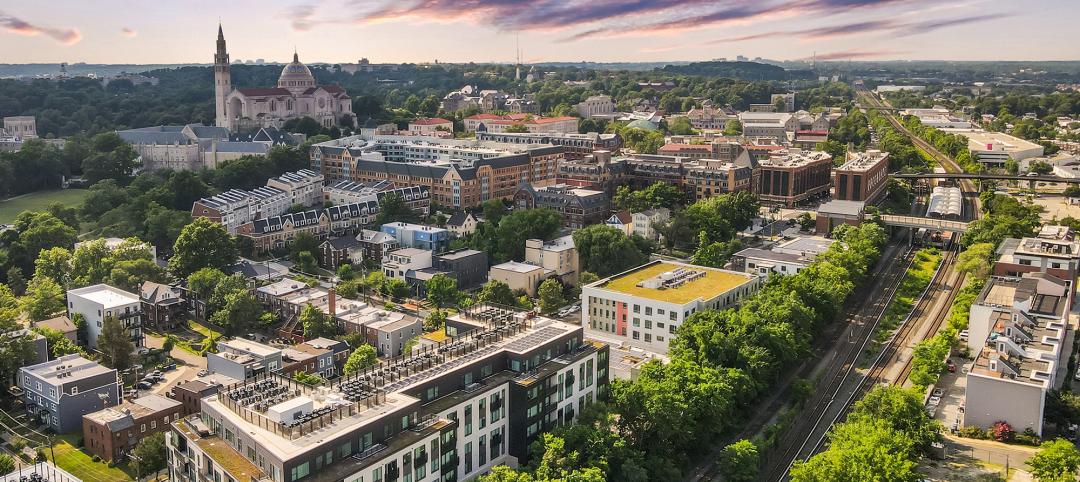The Biden-Harris Administration recently announced a nationwide allocation of $3.16 billion in homelessness assistance funding. This will be administered by the U.S. Department of Housing and Urban Development (HUD) through the Continuum of Care Program.
This funding decision marks the largest annual federal investment in addressing homelessness to date. Designated for supportive housing assistance initiatives, the Continuum of Care Program will distribute the $3.16 billion across over 7,000 projects nationwide.
HUD’s Continuum of Care program provides grants to nonprofit providers, States, Indian Tribes, and local governments for permanent and short-term housing assistance, supportive services, planning, data, and other costs. The funds will also go towards supportive services for individuals and youth experiencing homelessness, as well as survivors of domestic abuse.
Continuum of Care Program Criteria
“Now, more than ever, we are doing all we can to get people off the street and into permanent homes with access to services,” says HUD Secretary Marcia L. Fudge. “That is why we are making sure the service providers on the frontlines of this crisis have the resources they need.”
HUD's approach encourages communities to adopt evidence-based strategies in combating homelessness, prioritizing interventions that prioritize housing stability alongside supportive services. HUD has expanded the program's eligibility criteria to address the unique challenges faced by rural communities in serving individuals experiencing homelessness.
This year's $3.16 billion allocation represents an unprecedented level of funding, crucial for expanding community capacity to address homelessness, especially as rates of homelessness continue to rise across the country.
Successful applicants for these grants have demonstrated a commitment to collaborative, community-wide efforts to end homelessness. Emphasizing partnerships with health agencies, housing agencies, and other stakeholders, communities are increasingly focusing on reducing unsheltered homelessness through interdisciplinary approaches.
Homelessness Assistance Funding by State
The states that received the most funding were also those with the greatest number of projects. California and New York top the list, receiving over one-quarter (29%) of all annual funding for its 779 and 572 projects, respectively. These are the top five states awarded:
- California: 779 projects; awarded $601 million
- New York: 572 projects; awarded $303 million
- Texas: 249 projects; awarded $162 million
- Illinois: 369 projects; awarded $158 million
- Ohio: 331 projects; awarded $154 million
- Pennsylvania: 442 projects; awarded $148 million
- Florida: 320 projects; awarded $134 million
- Massachusetts: 208 projects; awarded $125 million
- Washington: 205 projects; awarded $111 million
- Michigan: 267 projects: awarded $98 million
Significant Increase From Previous Years
The 2023 fiscal year’s increase in funding for the Continuum of Care Program is a significant leap from previous years. In 2022, the amount was just under $2.8 billion, indicating a 14% increase in funding. The increase between 2021 and 2022 was just over 4 percent.
Looking ahead, the administration remains steadfast in its commitment to not only halting but reversing the upward trend in homelessness. President Biden's FY 2024 Budget proposes further actions to address homelessness, including investments to lower rental costs and provide guaranteed vouchers for vulnerable populations such as low-income veterans and youth aging out of foster care.
View a breakdown of the Continuums of Care and project awards on the HUD website.
Related Stories
MFPRO+ New Projects | Apr 16, 2024
Marvel-designed Gowanus Green will offer 955 affordable rental units in Brooklyn
The community consists of approximately 955 units of 100% affordable housing, 28,000 sf of neighborhood service retail and community space, a site for a new public school, and a new 1.5-acre public park.
MFPRO+ News | Apr 10, 2024
5 key design trends shaping tomorrow’s rental apartments
The multifamily landscape is ever-evolving as changing demographics, health concerns, and work patterns shape what tenants are looking for in their next home.
Multifamily Housing | Apr 9, 2024
March reports record gains in multifamily rent growth in 20 months
Asking rents for multifamily units increased $8 during the month to $1,721; year-over-year growth grew 30 basis points to 0.9 percent—a normal seasonal growth pattern according to Yardi Matrix.
Sustainability | Apr 8, 2024
3 sustainable design decisions to make early
In her experience as an architect, Megan Valentine AIA, LEED AP, NCARB, WELL AP, Fitwel, Director of Sustainability, KTGY has found three impactful sustainable design decisions: site selection, massing and orientation, and proper window-to-wall ratios.
Affordable Housing | Apr 1, 2024
Biden Administration considers ways to influence local housing regulations
The Biden Administration is considering how to spur more affordable housing construction with strategies to influence reform of local housing regulations.
Affordable Housing | Apr 1, 2024
Chicago voters nix ‘mansion tax’ to fund efforts to reduce homelessness
Chicago voters in March rejected a proposed “mansion tax” that would have funded efforts to reduce homelessness in the city.
Standards | Apr 1, 2024
New technical bulletin covers window opening control devices
A new technical bulletin clarifies the definition of a window opening control device (WOCD) to promote greater understanding of the role of WOCDs and provide an understanding of a WOCD’s function.
Adaptive Reuse | Mar 30, 2024
Hotel vs. office: Different challenges in commercial to residential conversions
In the midst of a national housing shortage, developers are examining the viability of commercial to residential conversions as a solution to both problems.
Green | Mar 25, 2024
Zero-carbon multifamily development designed for transactive energy
Living EmPower House, which is set to be the first zero-carbon, replicable, and equitable multifamily development designed for transactive energy, recently was awarded a $9 million Next EPIC Grant Construction Loan from the State of California.


















